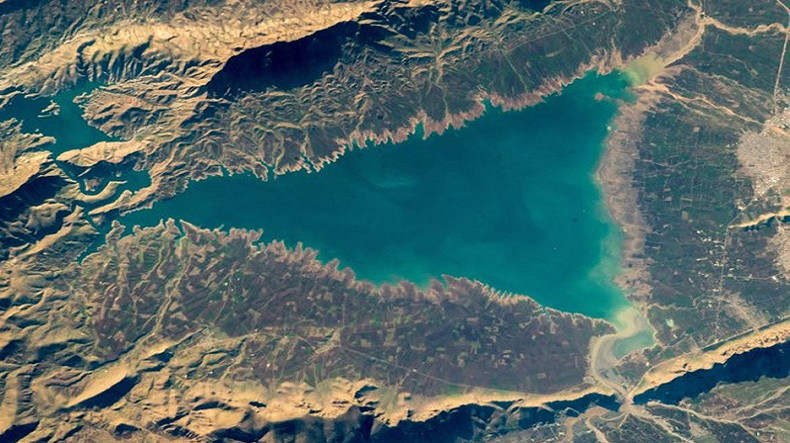
It’s official: 2018 was the fourth warmest year on record
NASA scientists announced Wednesday that the Earth’s average surface temperature in 2018 was the fourth highest in nearly 140 years of record-keeping and a continuation of an unmistakable warming trend, The New York Times reports.
The data means that the five warmest years in recorded history have been the last five, and that 18 of the 19 warmest years have occurred since 2001. The quickly rising temperatures over the past two decades cap a much longer warming trend documented by researchers and correspond with the scientific consensus that climate change is caused by human activity.
“We’re no longer talking about a situation where global warming is something in the future,” said Gavin A. Schmidt, director of the Goddard Institute for Space Studies, the NASA group that conducted the analysis. “It’s here. It’s now.”
While this planet has seen hotter days in prehistoric times, and colder ones in the modern era, what sets recent warming apart in the sweep of geologic time is the relatively sudden rise in temperatures and its clear correlation with increasing levels of greenhouse gases like carbon dioxide and methane produced by human activity.
The results of this rapid warming can be seen from the heat waves in Australia and extended droughts to coastal flooding in the United States, in disappearing Arctic ice and shrinking glaciers. Scientists have linked climate change to more destructive hurricanes like Michael and Florence last year, and have found links to such phenomena as the polar vortex, which last week delivered bone-chilling blasts to the American Midwest and Northeast.
The Earth’s temperature in 2018 was more than one degree Celsius, or 1.8 degrees Fahrenheit, above the average temperature of the late 19th century, when humans started pumping large amounts of carbon dioxide into the atmosphere. Scientists say that if the world is to avoid the worst consequences of climate change, global temperatures must not rise by more than two degrees Celsius compared with pre-industrial levels.
It appears highly likely, at least from today’s perspective, that that line will be crossed, despite the fact that more than 190 countries have signed the Paris climate agreement, which sets targets for reducing greenhouse gas emissions.
Even an increase of 1.5 degrees will have dire consequences, according to the United Nations science panel on climate change.
Dr. Schmidt spoke of these markers not as cliffs that the world would plunge over, however, but part of a continuing slide toward increasing levels of harm. “Symbolically, it’s important,” he said.
With concerted effort to reduce greenhouse gases worldwide, scientists say, a slide could be slowed or even, eventually, reversed.
Newsfeed
Videos






























